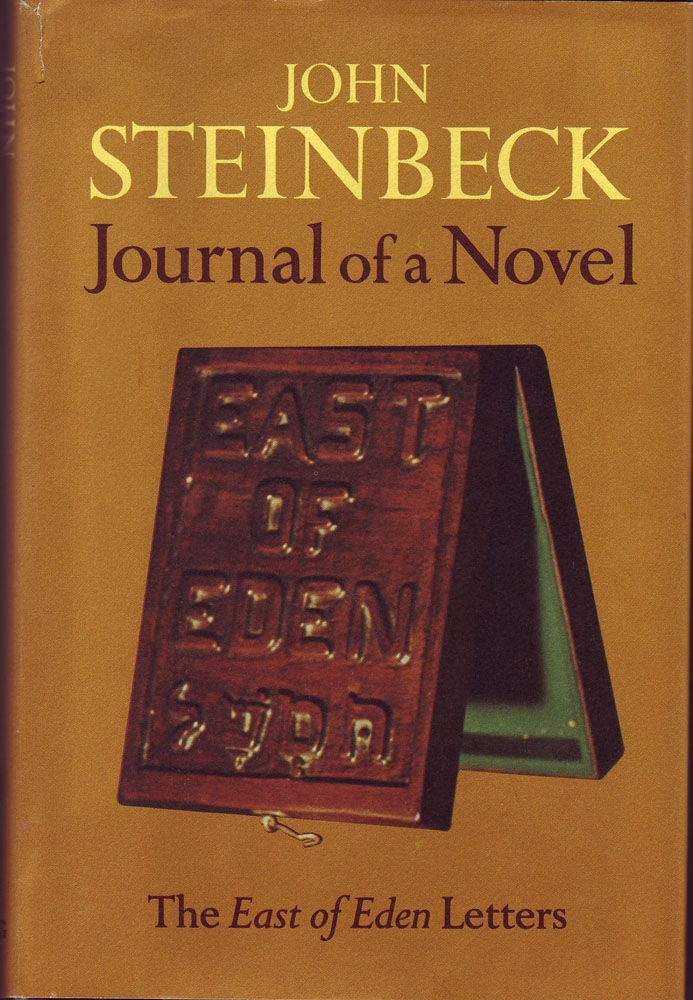Today, I'm thinking about anxiety, creativity, and the need for the self to reach out to the other. And I give a shout-out to the most relaxing video game ever!
It’s March. That time of year when living things churn. That time of year when upturned dirt gives off a familiar, redolent odor. Winter dirt is inert. Summer dirt bakes. Fall dirt is wet. Spring dirt! - now that's the stuff. Waking up this morning, I relished the fact that I had an hour to get ready. Time went by quickly, though. I brushed my teeth, jumped into the shower. I sometimes need to tell myself "relax". It's a feeling of anxiety I've had for a long time. If I don't attend to it, my anxiety just rumbles underneath. I guess for everyone anxiety ripples differently. For me, it's a quiet destructive force. I'm not sure why. It's that slow rumble I feel when I want to concentrate and create but can't. For example. Right now. Creativity is shredded by anxiety - more like bully-whipped. To write. To create. I must feel free. I have to feel sympathetic with my own being. Otherwise, I enact a kind of bad-faith dance with the world. I don't know how to use my power. I feel unsure. So, writing is my go-to salve. I fumble for words, for a means to codify that feeling of unrest. Writing is a kind of organizing of experience. Without it, experience is just there - out there. I reign it in.
Today, I went outside during recess. Two kids I know were dribbling a soccer ball. I joined in. Let myself feel free. Allowed myself to kick a ball around. It felt good. The last layer of ice was melting on the pavement - from last week's snow. The sun felt warm. But I was dressed for cold - a blue hoodie draped over a buttoned up shirt and khakis. I could have been in a tee-shirt and shorts and happy. Give it a few weeks. There's cold still in the air.
Walking home after school today I ran into a student of mine. He's a pianist. He'll be a Senior next year. He was jogging with a friend and we both stopped when we noticed each other. We talked about high school, homework and the latest update to "City Buildit" - you would only know what I'm talking about if you play city simulation games on a mobile device. It's madly calming. That and "Cats are Cute". Try it if you haven't played it. I left my former student feeling proud of him and happy we had had a serendipitous meet-up. I'll go to his piano concert later this month. I've marked it on my calendar. It's Springtime. It's that season.
I feel better already. Anxiety is less a rumble and more an underlying (and slightly undulating) condition of my being. What will tomorrow bring?
Here is my list of things to do when you're feeling anxious and don't have time (or money) to take a day off:
- Go off your routine a bit. Eat lunch outside if you're normally inside.
- Get out of your head.
- Feel the anxiety. Take a deep breath. Drink a cold, refreshing glass of water.
- Do your job standing up.
- Avoid stress. Avoid people who heighten your stress.
- Notice your triggers.
- Write it out.
- Notice your destructive thoughts and actions.
- Take a walk around the block.
- Be okay with minor hiccups and failure.
- Don't take your anxiety out on others.
- Actively listen to others. I notice when I let myself listen to other people it helps soothe my brain because I'm offsetting the mental energy I'd otherwise put on myself.
Sometimes the anxiety is there right in your face and you can't just pray it away. I was in a room filled with Sixth Graders this morning (who were loud) for my first period class. Before I told them to be quiet I allowed myself to feel how I was feeling. I could tell I was anxious. That little self-realization didn't make the anxiety go away but I was able to better deal with the situation.
I hope you enjoy reading stuff on this website. Leave a comment if you like. I'd like to know how you deal with anxiety in your life.

























